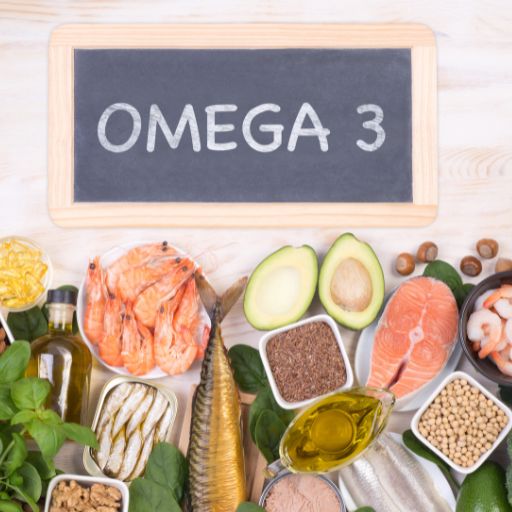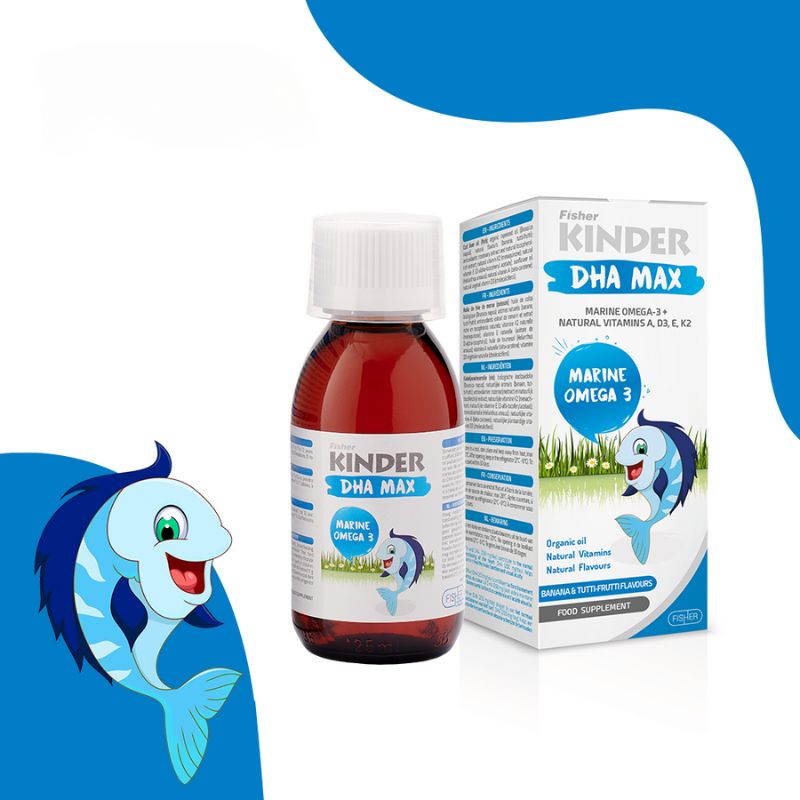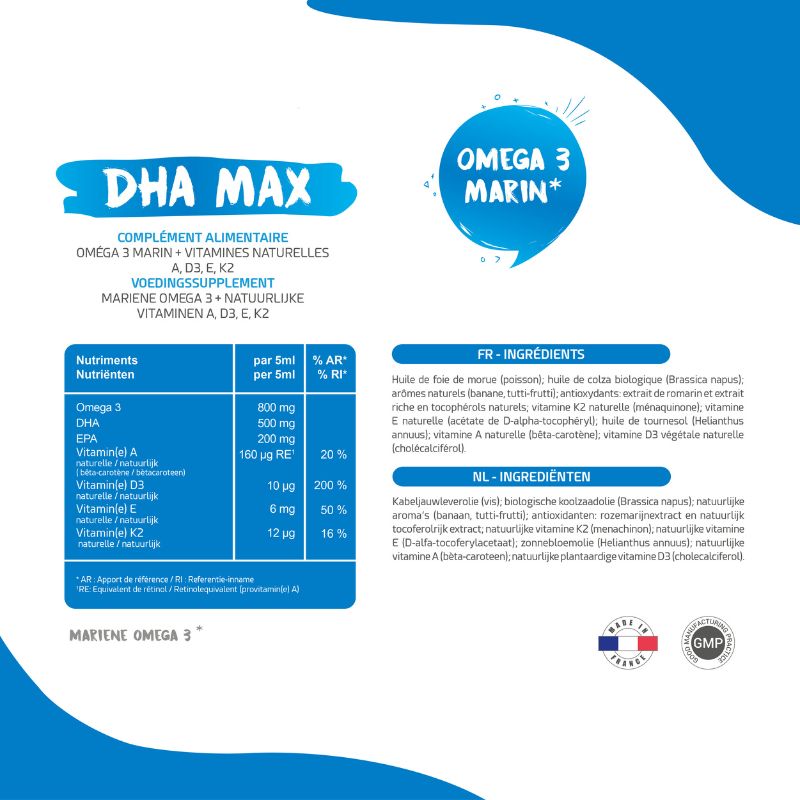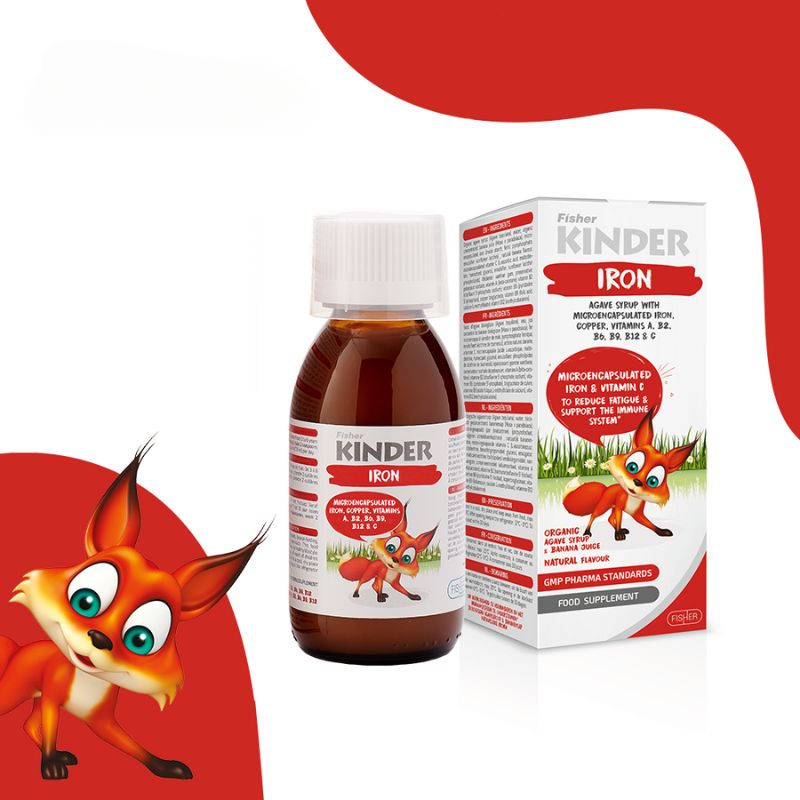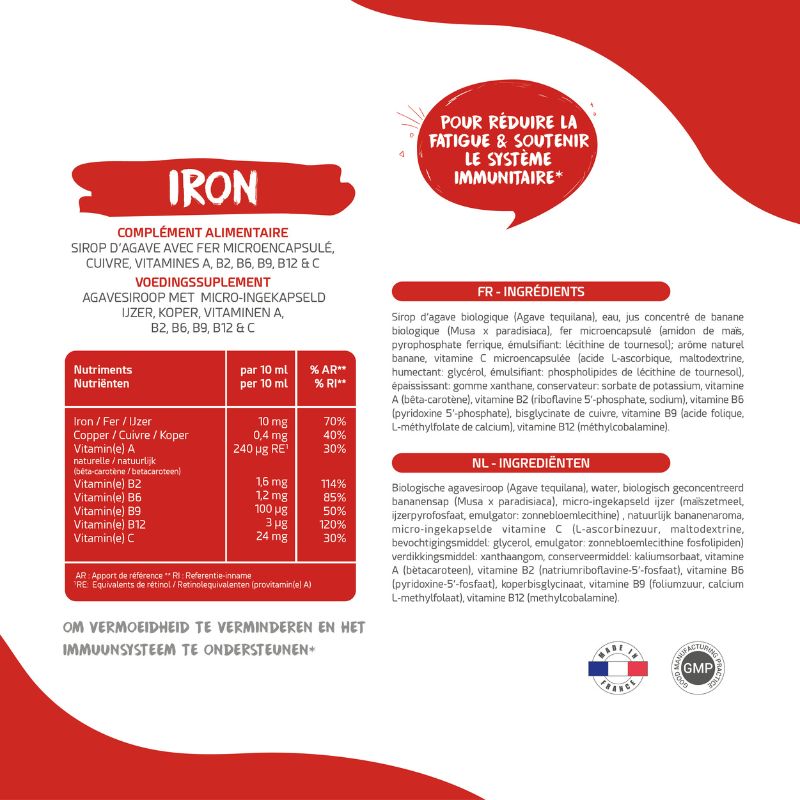It is safe to use Omega 3 supplements available on the market; make sure you do not exceed the daily maximum dosage mentioned on the packaging.
Omega 3 dosage for kids and adults varies as per age. Always follow the directions written on the supplement package.
Which foods contain Omega 3?
There are a lot of foods that are rich in omega 3. Omega-3 fatty acids (ALA) are present in flax seeds, walnuts, chia seeds, and hemp seeds.
Soy and soybean products are also good sources of ALA.
Omega-3 fatty acids (EPA and DHA) are found in fatty fish like salmon, trout, sardines, mackerel, and tuna.
Apart from the above fish oil (EPA and DHA), flaxseed oil (ALA) supplements can also be taken to increase the Omega 3 intake.
What does omega 3 do to your body?
Taking an omega-3 fatty acid-rich diet or omega-3 dietary supplements can be really beneficial for you. Omega-3 fatty acids sourced from fish oil play a major role in maintaining heart health and are also helpful in lowering the blood pressure in the body.
Omega-3 fatty acids help maintain vision, and a lack of them in the body may result in eye disorders.
Omega-3 fatty acids are also good for one’s mental wellbeing and support cognitive function in kids and adults. Omega 3 also supports skin and hair health, and not enough omega 3 in the body can result in dry skin problems.
Conclusion
Omega 3 is present in food sources like walnuts and chia seeds. DHA and EPA which are high quality Omega 3 fatty acids found in fatty fishes like salmon, trout etc.
If your kids do not like to consume walnuts and fishes like salmon they may lack omega 3 in their diet.
To fill this nutritional gap it is advisable to give them additional supplements which are rich in Omega 3 fatty acids such as DHA and EPA. The best time to take these supplements is during the morning after breakfast.

